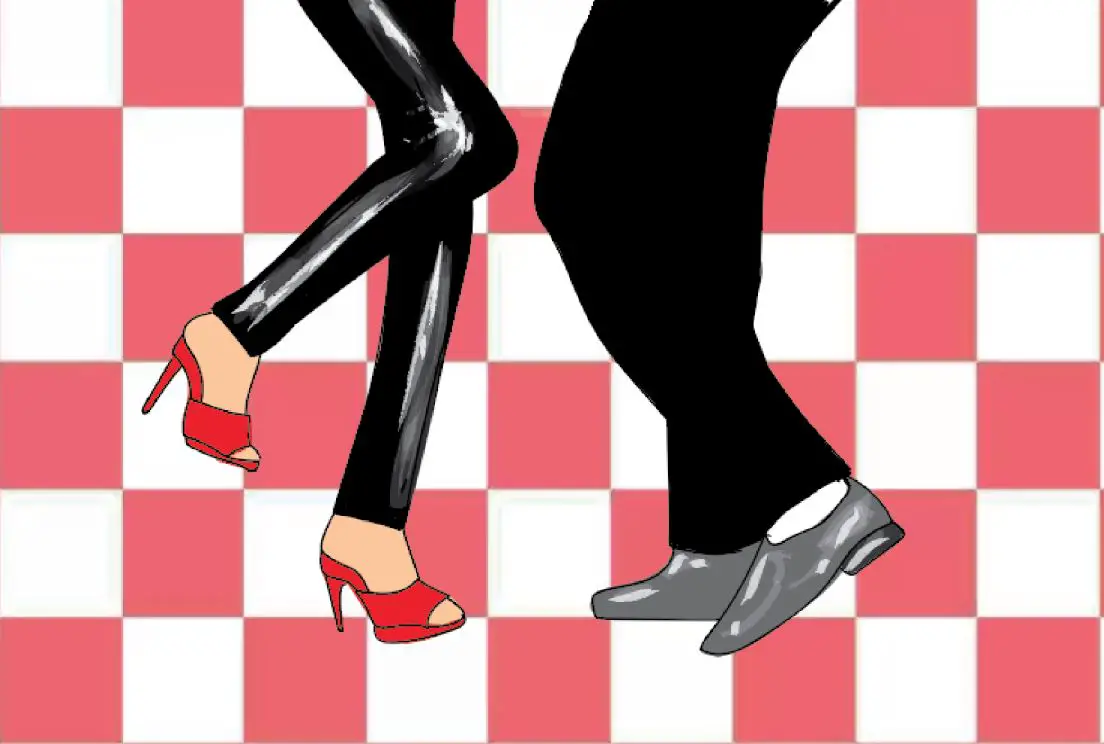My first encounter with “Grease” was watching the VHS version with my stepmom in our stuffy apartment after I bombed a spelling test. I fell in love with the bright, bubblegum costumes, bada— high school boys and their shiny cars. Despite the film’s outdated patriarchal values, its lessons emphasize strong female friendships and define sexual consent as anyone’s right — messages that ring true in every decade.
In 1978, Paramount Pictures released a motion picture that changed the course of movie-musical history with “Grease,” a teen comedy based on the 1971 theatrical musical. Starring John Travolta and Olivia Newton-John, the film became the highest-grossing movie-musical of the 20th century after grossing nearly $400 million on a measly $6 million budget.
With the initial film cementing itself as a recipe for an instant box-office success, it’s surprising that rumors of a prequel are just now surfacing. Hollywood Reporter confirmed Paramount’s works on a “Grease” prequel in early April.
Paramount Players, one of the studio’s divisions, is developing a prequel titled “Summer Loving” with screenwriter John August taking on the script. August’s background of screenwriting encompasses a variety of films including “Charlie’s Angels,” “Big Fish” and Tim Burton’s musical fantasy “Charlie and the Chocolate Factory.”
The prequel is structured around the summer fling between Danny Zuko and Sandy Olsson. The two highschoolers brag about the romance to their friends in the opening song “Summer Nights,” a ballad that proves there are two sides to every hookup.
Danny juices the horny details to the T-Birds while Sandy gushes the romance to her newly found classmates and the Pink Ladies. And I can’t help but notice Danny’s version is riddled with an inflated male ego while Sandy willing paints herself as a helpless damsel in distress. How can a prequel with such an archaic narrative theme survive?
There are thousands of reasons why I think this prequel is a recipe for disaster, the first being the most obvious: the song “Summer Nights” spoils the entire plot of any prequel script. I don’t need a 90-minute money grab to explain what a three-minute song already covered. Listen to the lyrics a few times over and you hear enough to paint yourself a pretty clear picture of the teen’s beach canoodling.
“Summer loving had me a blast. Summer loving happened so fast. I met a girl crazy for me. Met a boy cute as can be.” Obviously, they met and immediately got the hots for each other.
“I saved her life; she nearly drowned.” Now, ignore for a minute if you will the crazed fan theories that Sandy actually drowned in the ocean and events of “Grease” are just dreams she’s having while in a coma. Danny saves Sandy from drowning, which could be an epic scene … all of two minutes.
The next verse is literally a recount of activities the pair did together: went bowling in an arcade, went strolling and drank lemonade, and who can forget the steamy make-out session under the dock?
The creation of a prequel simply seems like a money-grab or possibly a path to redemption as Paramount attempts to crawl out of the pit they dug themselves into with “Grease 2.” Released in 1982, the sequel was a gigantic box-office flop, grossing only $4.6 million opening weekend and $15.2 million in its lifetime.
While I enjoyed the gender-flipped plot and cheap theatrics (who doesn’t love bowling nuns and motorcycle chases?) critics and moviegoers tore the script apart, calling it “a blatant retread of its far more entertaining predecessor,” according to Rotten Tomatoes.
Paramount’s desire to resurrect “Grease” is understandable; the film is a cultural icon. Even if you’re just a casual fan, it’s likely you can recall at least three songs or famous lines. The story is classic, the tunes are catchy and the poodle skirts and leather jackets are hard to ignore. In 2016, a TV musical version was produced starring Aaron Tveit, Julianne Hough and Vanessa Hudgens. The program was broadcasted live and received stunningly positive reviews and 10 Emmy nominations.
However, the production company shouldn’t mess with a good thing. “Grease” was good-ole American fun. It was slicked-back hair, bonds of friendships and expertly choreographed dance numbers rolled into extremely tight-fitting leather jackets. So why is Paramount so adamant on stretching out the story, or rather dissecting its humble beginnings? The intro to the couple’s sandy, secret love affair is all we need, and I don’t see how delving into more of an already explained backstory is going to win over fans’ hearts.
It’s going to be hard as hell to recapture “Greased Lighting” in a bottle, but good luck Paramount.
















